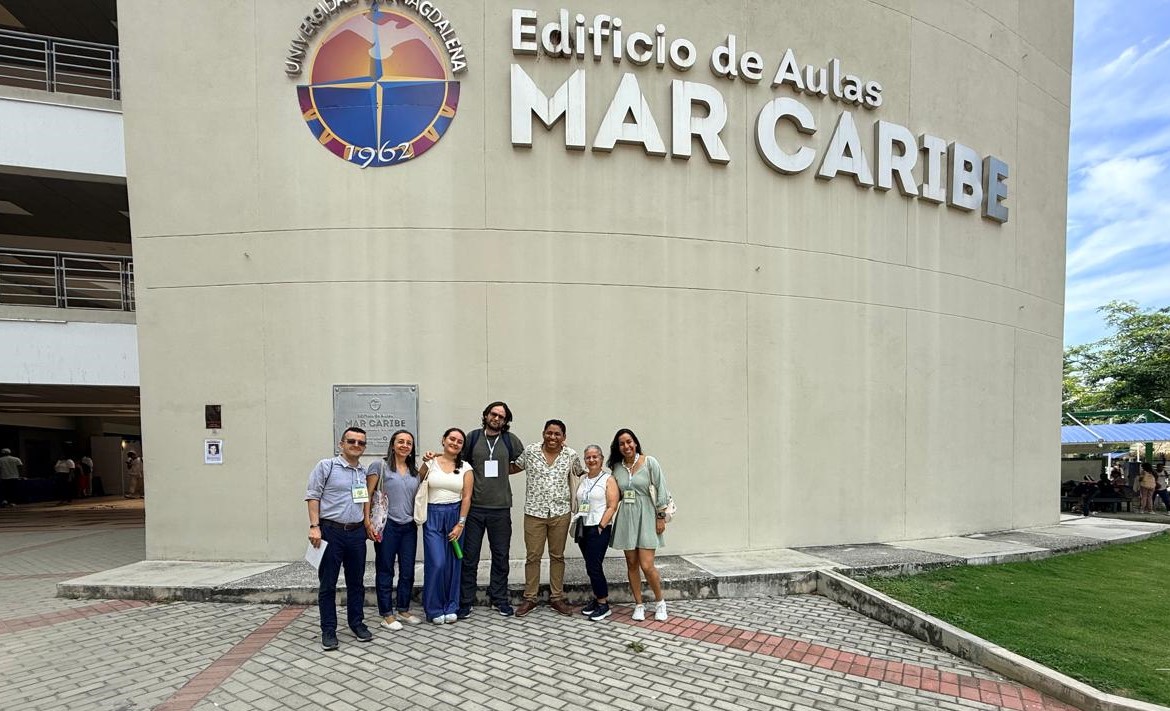Z7_89C21A40LGRJC0A6CAE7SVL2O1
 Portal U de A - Cabezote - WCV(JSR 286)
Portal U de A - Cabezote - WCV(JSR 286)
Z7_89C21A40LGRJC0A6CAE7SVL240
 Signpost
Signpost
Listado
Z7_NQ5E12C0LO02E0QOBJGLM10OC2
 60th National and 6th International ASOCOPI Conference
60th National and 6th International ASOCOPI Conference
Z7_89C21A40LGRJC0A6CAE7SVL241
 Portal U de A - Redes Sociales - WCV(JSR 286)
Portal U de A - Redes Sociales - WCV(JSR 286)
Z7_89C21A40LGRJC0A6CAE7SVL2K0
 Footer - Udea - JSR(286)
Footer - Udea - JSR(286)
Z7_89C21A40LGRJC0A6CAE7SVL2K2




